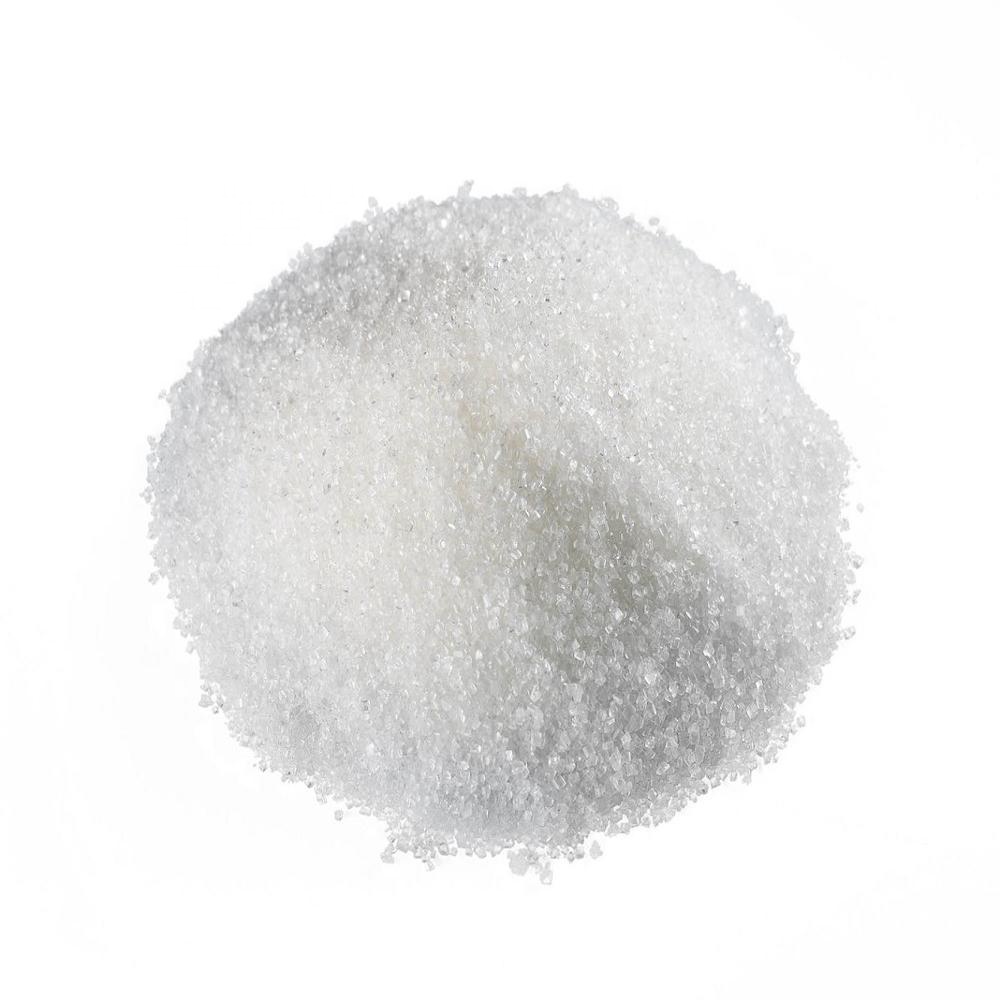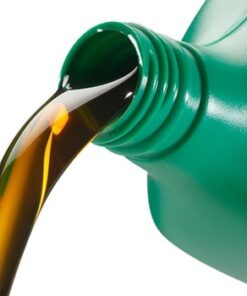White Sugar: Uses, Effects, and Health Considerations
What is White Sugar?
White sugar, also known as refined sugar, is a common sweetener found in many foods and beverages. Manufacturers extract it primarily from sugarcane or sugar beets, refining it to remove impurities and achieve its pure, crystalline form.
Common Uses of White Sugar
White sugar plays a vital role in the food industry. It enhances flavors, balances acidity, and adds texture to a variety of products. Here are some of its most common applications:
- Baking and Cooking: Cakes, cookies, and sauces rely on sugar for sweetness and consistency.
- Beverages: Many soft drinks, juices, and coffee blends contain sugar to improve taste.
- Preservation: Jams, jellies, and canned fruits use sugar to extend shelf life and prevent spoilage.
- Fermentation: Yeast-based products like bread and alcoholic beverages require sugar to aid in fermentation.
Effects of White Sugar on the Body
Consuming this sugar affects the body in several ways. While it provides quick energy, excessive intake can lead to health concerns.
- Energy Boost: The body rapidly absorbs sugar, leading to a temporary spike in energy levels.
- Blood Sugar Fluctuations: High sugar intake causes sharp increases in blood glucose, often followed by crashes that trigger fatigue and cravings.
- Weight Gain: Excess sugar contributes to increased calorie consumption, leading to potential weight gain.
- Dental Issues: Frequent sugar consumption promotes bacterial growth, increasing the risk of cavities and gum disease.
Health Considerations and Alternatives
Reducing this sugar intake benefits overall health. Several natural and artificial substitutes offer similar sweetness with fewer drawbacks.
- Natural Sweeteners: Honey, maple syrup, and stevia provide healthier alternatives with additional nutrients.
- Artificial Sweeteners: Aspartame, sucralose, and saccharin deliver sweetness without calories but require moderation.
- Dietary Adjustments: Consuming whole foods, reducing processed snacks, and opting for low-sugar beverages help maintain balanced nutrition.
Conclusion
This sugar remains a widely used ingredient in modern diets. While it enhances flavor and texture, excessive consumption poses health risks. By making mindful choices and exploring healthier alternatives, individuals can enjoy sweetness without compromising well-being.
Be the first to review “White Sugar” Cancel reply
Related products
Others
Others













Reviews
There are no reviews yet.